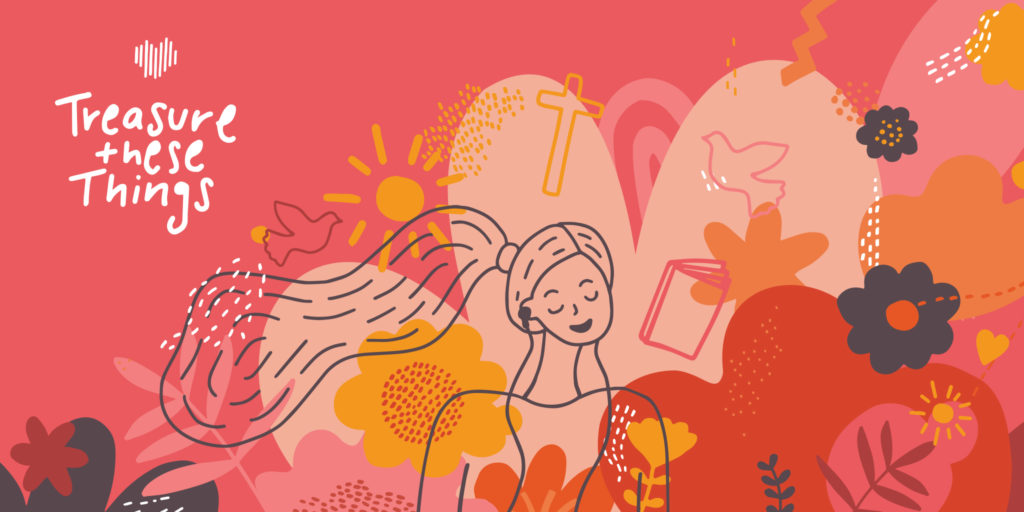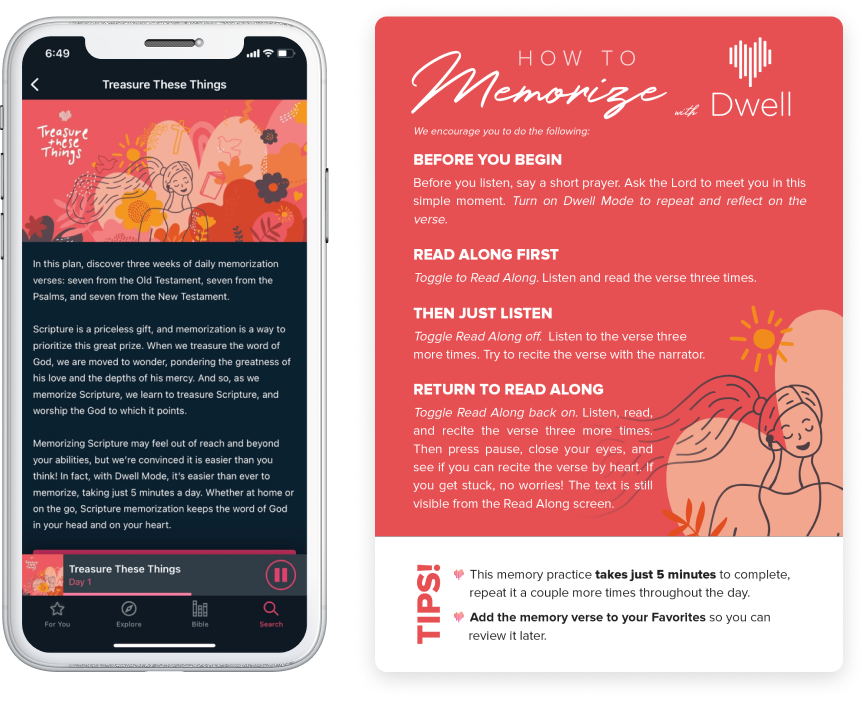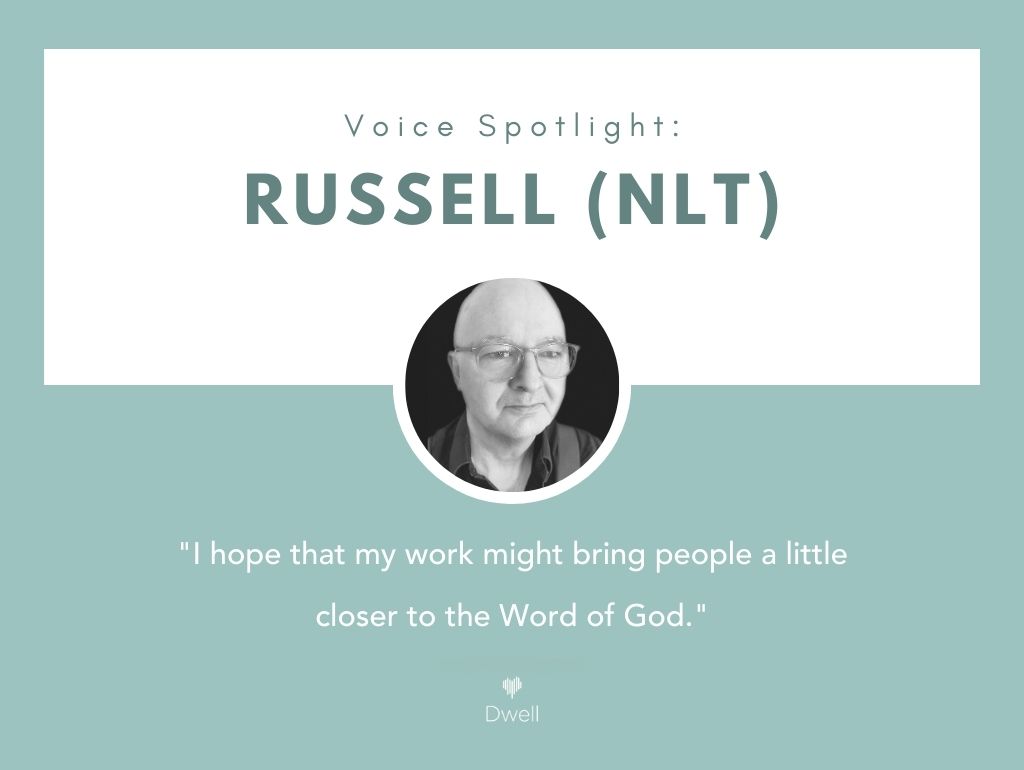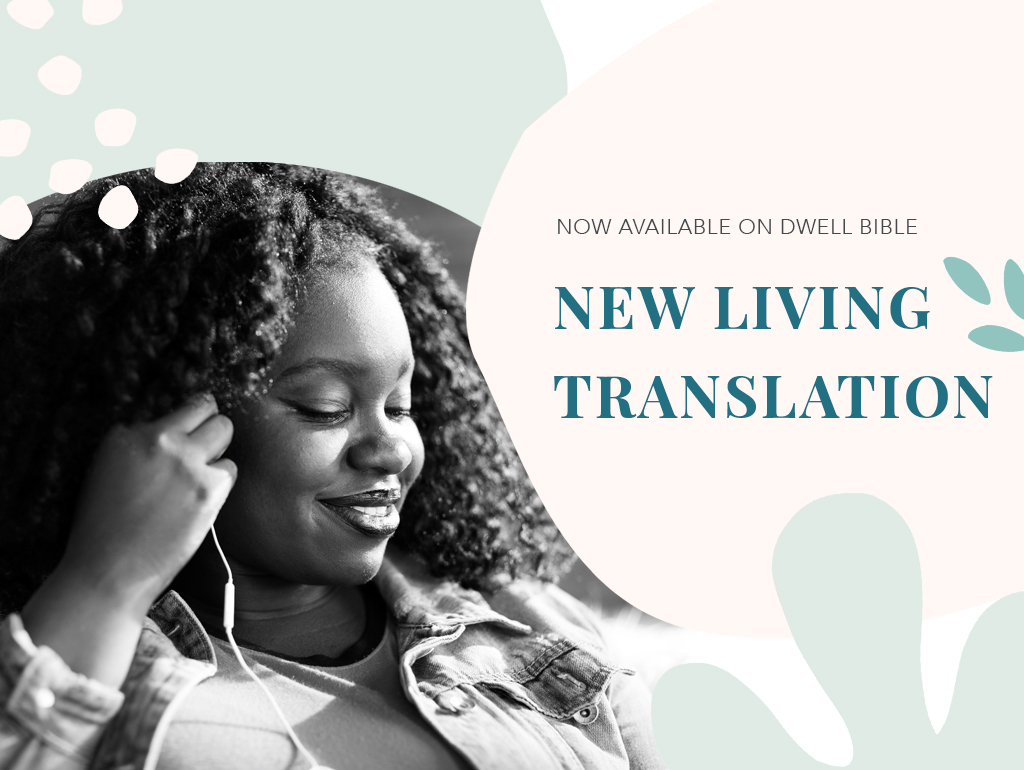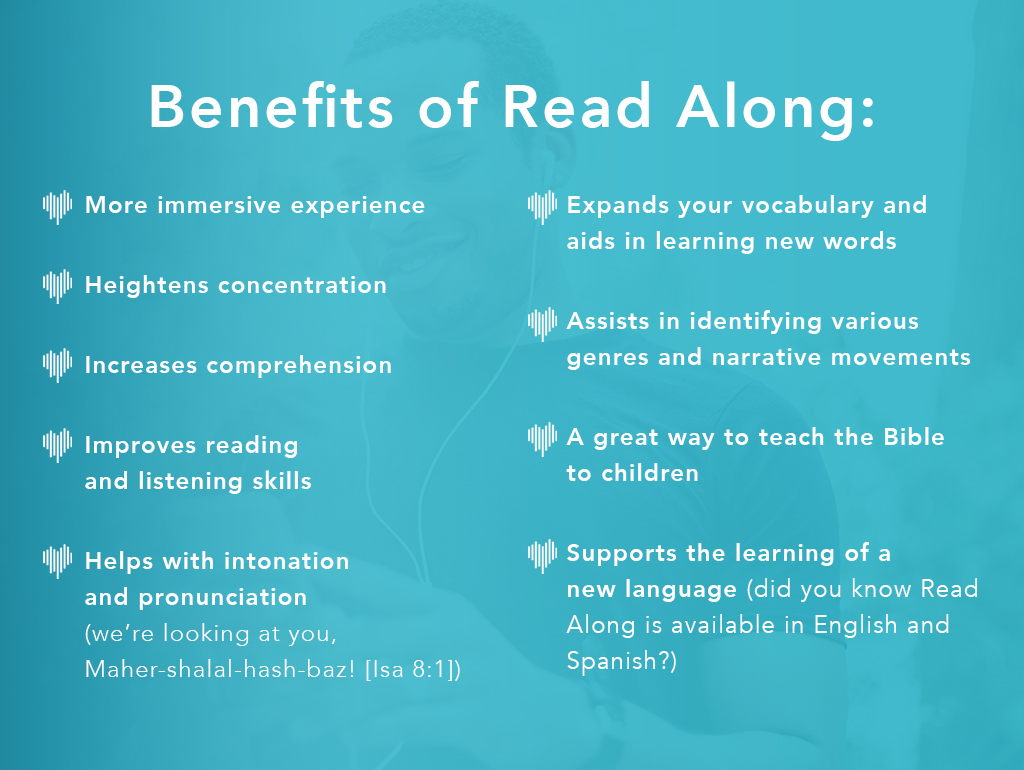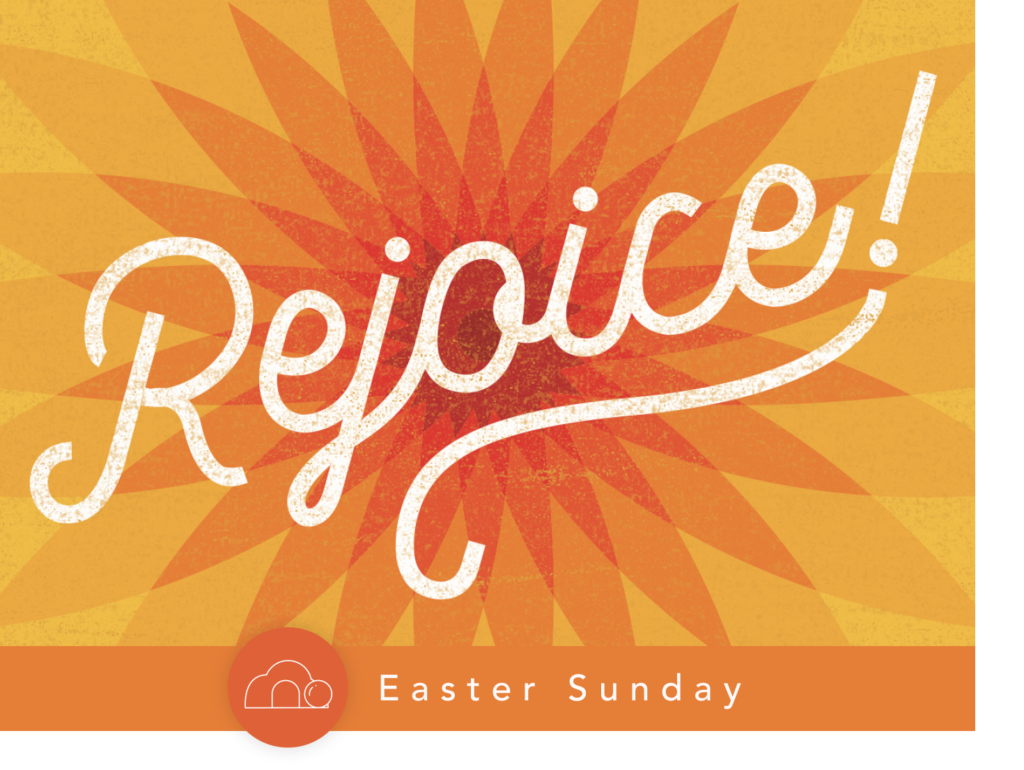Opening Lines
The opening line of any good story is meant to capture the imagination and point in a specific direction.
It casts light upon the path that lies ahead, inviting, even compelling the reader to enter into the unfolding narrative. Often, the full significance of these lines is not grasped or understood until the conclusion of the story, with hindsight unveiling the true weight of those first few words.
Many examples come to mind. “It was the best of times, it was the worst of times” (A Tale of Two Cities). “Call me Ishmael” (Moby Dick). “It was a bright cold day in April, and the clocks were striking thirteen” (1984). “It is a truth universally acknowledged, that a single man in possession of a good fortune, must be in want of a wife” (Pride and Prejudice). Others could be added to this list, yet there is one opening line that at first glance seems curiously technical and, frankly, forgettable:
“The book of the genealogy of Jesus Christ, the son of David, the son of Abraham” (Matt 1:1, ESV).
Was St. Matthew unaware of the importance of an opening line? Did he not realize his missed opportunity? When telling the greatest story ever to be told, why would he, with painstaking detail, recounting 42 generations of Israel’s history, with such memorable lines as “And Aram begat Aminadab; and Aminadab begat Naasson; and Naasson begat Salmon” (Matt 1:4, KJV)?
Could it be that the genealogical verses we are all tempted to skip over in fact contain the secret to the entire book?
Let us not sell Matthew short. In truth, he is a masterful storyteller, who is fully aware of that which we all too quickly forget, namely, that the story he tells is fulfilled in the coming of Christ, but this is not where the story begins. As Christopher Wright says in his book, Know Jesus Through the Old Testament, “We will only understand Jesus properly if we see him in the light of this story, which he completes and brings to its climax.” If we separate Jesus from the history of God’s people, his mission becomes unintelligible and the story is stripped of its true power.
As we are reminded each year at Christmas, in the words of O Little Town of Bethlehem, “The hopes and fears of all the years are met in thee tonight.” Behind each of these seemingly inaccessible genealogical accounts, remarkable stories of hope and fear are found. Hope that God will keep his promises to restore his people and heal the world (Isa 38:7). Fear that God has forgotten these promises and abandoned his people to their own sin and suffering (Ps 13).
In Christ, the promise of God is fulfilled and our deepest fears are destroyed. As we study and memorize passages from the Old Testament, the full story of Christ is slowly but surely revealed. And so, from the opening line, Matthew tells the story precisely how it must be told, for as he does, he invites each of us to recenter our own stories on Christ, and find our place in the great story of God.
